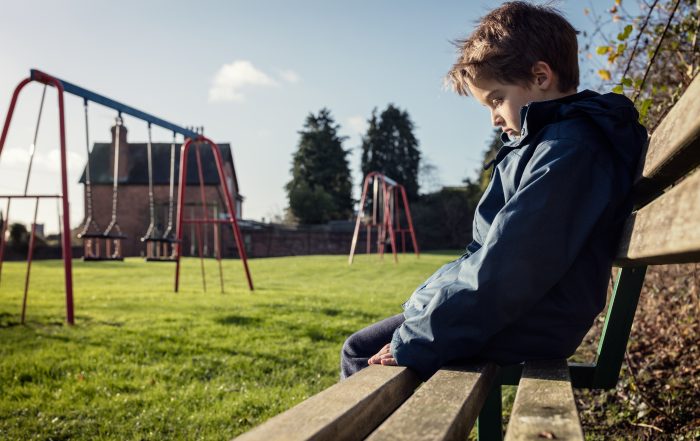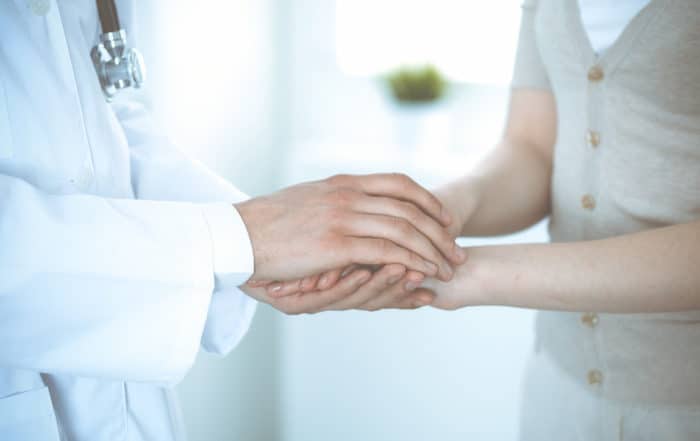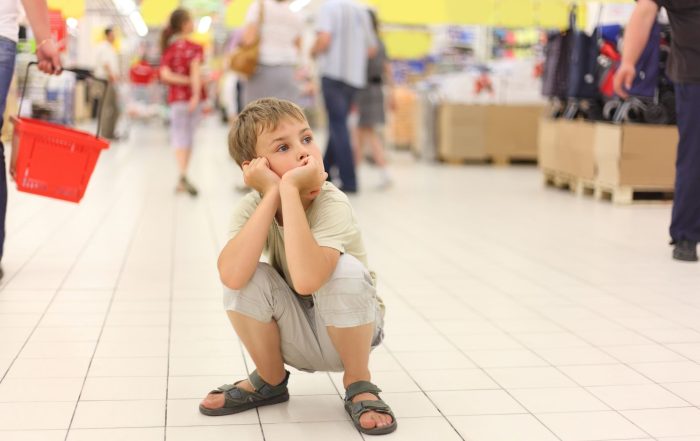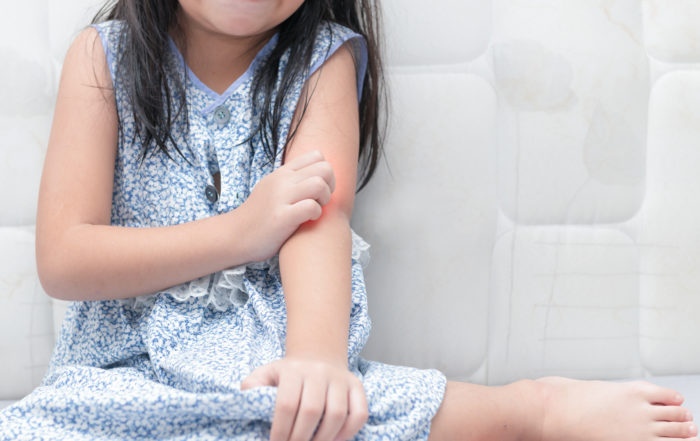Microbiome Dysbiosis in Autism Spectrum Disorders: Cellular and Molecular Mechanisms in a Gene x Environment Neurodevelopmental Disorders Model System
Free webinar at 1 p.m. Eastern time (US), Wednesday, May 28, 2025
Tune in to learn about ARI Research Grant recipient, Dr. DiCicco-Bloom’s ongoing research.
Approximately 17% of children are diagnosed with NDDs, including ASD, ADHD, and ID, which are highly heterogenous, frequently co-occur, and manifest in early life in sex-dependent fashion. We speculate that some of this heterogeneity is due to interactions between genetic risk factors and environmental exposures (G x E). During neurodevelopment, both the generation of new neurons, termed neurogenesis, and the gut microbiome are exquisitely sensitive to environmental factors, with recent evidence raising concern about childhood antibiotics. To examine this issue, we designed a new G x E model selecting 16p11.2 microdeletion mouse because this human variant increases ASD risk 38-fold, and exposure to the cephalosporin antibiotic, cefdinir. We assess effects on the gut microbiome, hippocampal neurogenesis and structure, gene expression, serum metabolome, and adult behaviors. Our preliminary results suggest that cefdinir exposure alters all these parameters, supporting a possible role of antibiotic-induced changes of the microbiome in ASD pathogenesis.
Microbiome Dysbiosis in Autism Spectrum Disorders: Cellular and Molecular Mechanisms in a Gene x Environment Neurodevelopmental Disorders Model System
About the speaker:

Emanuel DiCicco-Bloom, MD, is a professor at the Department of Neuroscience and Cell Biology at Rutgers University, Robert Wood Johnson Medical School. His research interests include gene and growth factor regulation of neurogenesis during mammalian brain development, focusing on models of human neurodevelopmental disorders, including autism, schizophrenia, and environmental teratogens.
Research Interests: My main area of research is nervous system development and how abnormalities contribute to brain disease. As a physician-scientist, I am motivated to share knowledge of brain development and scientific discovery with the public, advising advocacy organizations and government agencies on how basic research can help address neurodevelopmental disorders. Building on our pioneering studies of neurogenesis, we defined how extracellular signals, receptors, and genes regulate signaling pathways that control proliferation to produce neurons in diverse brain regions including the cerebellum, cerebral cortex, and hippocampus. Importantly, mechanisms that stimulate or inhibit neurogenesis in culture models reliably translate into living animals. Learn more about Dr. DiCicco-Bloom
Externalizing behavior among children with neurodevelopmental disabilities: Addressing unmet needs and setting up an environment for success.
Free webinar at 1 p.m. Eastern time (US), Wednesday, June 4, 2025 Dr. Bottini discusses externalizing behavior among children with neurodevelopmental disabilities and a behavioral framework for how this behavior develops and persists
Microbiome Dysbiosis in Autism Spectrum Disorders: Cellular and Molecular Mechanisms in a Gene x Environment Neurodevelopmental Disorders Model System
Free webinar at 1 p.m. Eastern time (US), Wednesday, May 28, 2025 Tune in to learn about ARI Research Grant recipient, Dr. DiCicco-Bloom’s ongoing research. Approximately 17% of children are diagnosed with NDDs,
Healthcare Equity and Access Concerns in Autism
Free webinar at 1 p.m. Eastern time (US), Wednesday, May 21, 2025 Tune in for a discussion on how to achieve healthcare equity for all persons, including those with autism spectrum disorder and
Assessing and Treating Severe Behaviors
Free webinar at 1 p.m. Eastern time (US), Wednesday, May 14, 2025 Learn about the process of getting a behavior assessment from start to finish, plus updates on current research and strategies for
Treatment of Elopement: Safety Tips and Considerations in Programming
1 pm Eastern time, Wednesday, April 16, 2025 Description — Elopement, running or wandering away from supervision, is an incredibly dangerous behavior that is prevalent among autistic youth. This talk will review
Research Updates: Self-Regulation Strategies for Self-Injury
Free webinar at 1 p.m. Eastern time (US), Wednesday, April 2, 2025 Tune in to learn research updates related to self-regulation strategies for self-injury. About the speaker: Emily
The post Microbiome Dysbiosis in Autism Spectrum Disorders: Cellular and Molecular Mechanisms in a Gene x Environment Neurodevelopmental Disorders Model System appeared first on Autism Research Institute.
More can be found here: Read More









Leave a Reply
Want to join the discussion?Feel free to contribute!